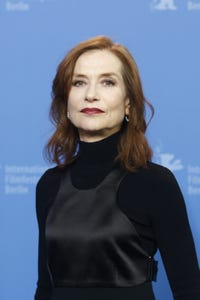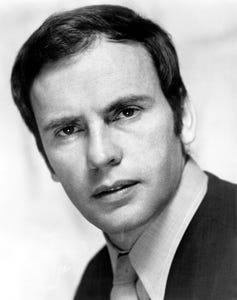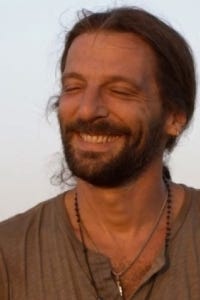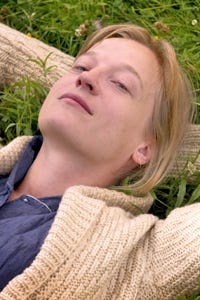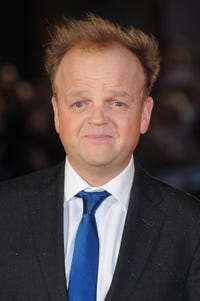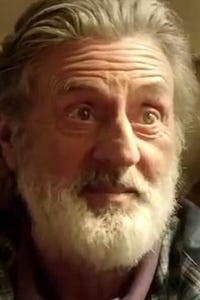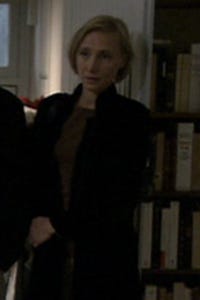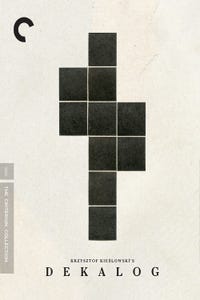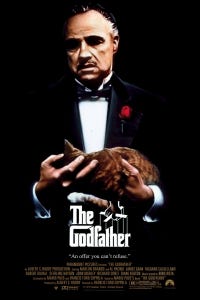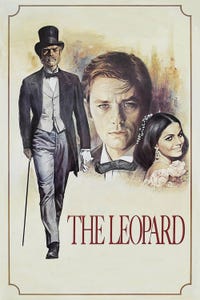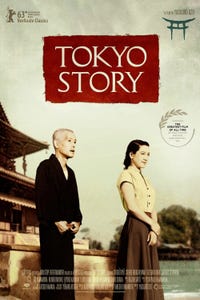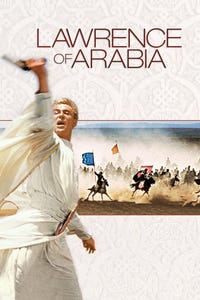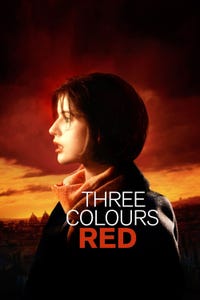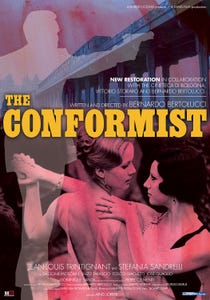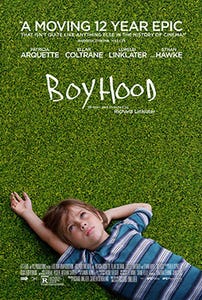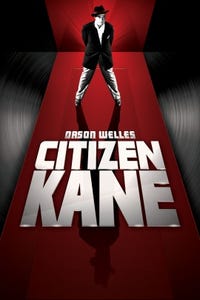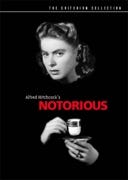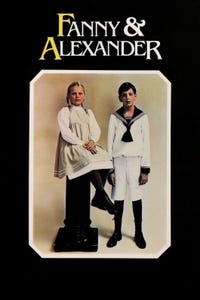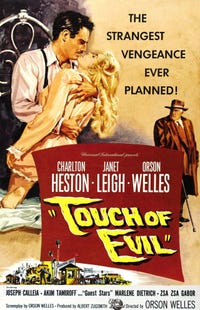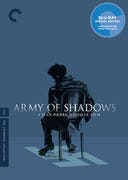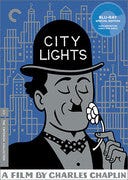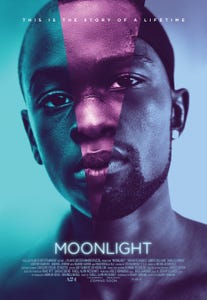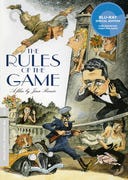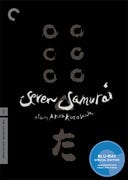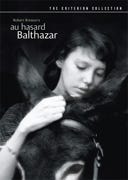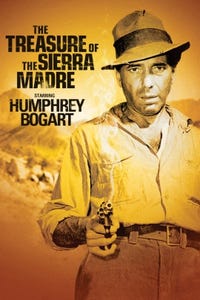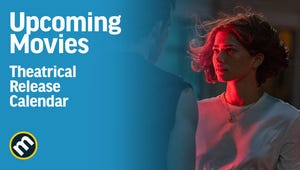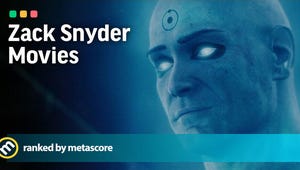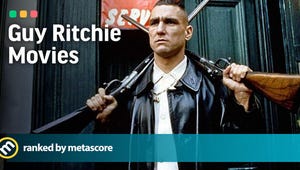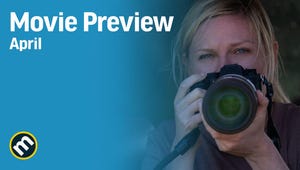X
- 2017
- R
- Sony Pictures Classics
- 1 h 47 m
- 2017
- R
- Sony Pictures Classics
- 1 h 47 m
Summary A drama about a family set in Calais with the European refugee crisis as the backdrop.
Directed By: Michael Haneke
Written By: Michael Haneke
- 2017
- R
- Sony Pictures Classics
- 1 h 47 m
- 2017
- R
- Sony Pictures Classics
- 1 h 47 m
Happy End
72
6.6
Where to Watch
Summary A drama about a family set in Calais with the European refugee crisis as the backdrop.
Directed By: Michael Haneke
Written By: Michael Haneke
Where to Watch
Top Cast
Metascore
Generally Favorable
Based on 30 Critic Reviews
72
77% Positive
23 Reviews
23 Reviews
20% Mixed
6 Reviews
6 Reviews
3% Negative
1 Review
1 Review
Metascore
Generally Favorable
Based on 30 Critic Reviews
72
77% Positive
23 Reviews
23 Reviews
20% Mixed
6 Reviews
6 Reviews
3% Negative
1 Review
1 Review
Haneke's ensemble is uniformly excellent – the film is packed with intriguing and provocative encounters between its various oppositional characters – and the actors succeed in the difficult task of making these unpleasant people engaging enough that we stick with them throughout a film that the director successfully balances on a knife edge between satire and drama until its final (hilarious) conclusion.
If Happy End is something of a bad-seed nightmare, it turns out to be an unpredictable one, marked by unexpected flashes of warmth, sympathy and blistering humor. (It's been a while since a Haneke movie left me cackling in horror rather than reeling in it.)
User Score
Generally Favorable
Based on 37 User Ratings
6.6
62% Positive
23 Ratings
23 Ratings
27% Mixed
10 Ratings
10 Ratings
11% Negative
4 Ratings
4 Ratings
User Score
Generally Favorable
Based on 37 User Ratings
6.6
62% Positive
23 Ratings
23 Ratings
27% Mixed
10 Ratings
10 Ratings
11% Negative
4 Ratings
4 Ratings
I go back and forth about who my favourite director is, and Michael Haneke is always amongst the finalists. Haneke’s style is so distinct, and his thematic consistency is so potent that it is hard not to become **** into his oeuvre. While each of Haneke’s pieces explores tangentially similar concepts and characters, the value of the pieces come from their differing minutia. Haneke recycles circumstances and characters because they work and can still be developed. Happy End and Amour both feature Jean-Louis Trintignant as a character named Georges who suffers from suicidal tendencies, and Happy End and Caché both feature a female lead named Anne Laurent. Happy End differs from these films in its presentation and sprawling cast of characters. Where Caché and Amour both feature a central woman by the name of Anne Laurent, the struggles she faces and the family she is surrounded by differ immensely. Happy End explores the relations that social media has with our interpersonal relations and our emotional capacities. Haneke may be older than many directors, but with Happy End, he shows that he understands not only technology and social media, but also how they are interfaced, interacted with, and socially presented. The film is very expansive and takes on so many things that it is hard to comprehend all the moving pieces fully with only one watch. With this film, Haneke shows that he can juggle myriad balls and deftly encapsulate the human condition.
This film is hard to quantify, and I would imagine it is not as good as his other films(which I have not seen) but it had enough there to keep me interested, despite a very...slow pace. The story however is a struggle to find a coherent meaning at times, and even at the end, but I believe just enough was there, and there were a number of strong scenes, that make it a quality film. However the first 10 minutes are quite galacially slow...
Not knowing the director, I thought it was a good film, but some may find it dissapointing comparing it to his apparently more impactful previous films. Still a good film however, and worth seeing.
It is perhaps not top-notch Haneke but Happy End is an intermittently gripping film about loveless people in a joyless world. They could all do a lot worse than go on holiday with the characters from Paddington 2.
It’s as if the director has tied up loose ends from his earlier films, while forcing us to re-examine issues that have only grown more dire since he first brought them to our attention.
Most good films rely on their audiences to connect the dots a little, but Happy End is all dots, with none of the lines drawn in at all. The meaning is there, but you have to dig for it in the everyday events of a family’s life.
As with so many of his films, Haneke asks: Why? Why abide by the rules? Why go on? Here, he’s created two characters — Georges and Eve — I want to see exploring those questions and a handful I really don’t.
Happy End is the latest from Michael Haneke, an uncompromising filmmaker whose work is sometimes brilliant and sometimes hard to watch, and sometimes both, but not this time. Happy End is just hard to watch.
I'm perplexed and at the same time intrigued but also I'm a bit disappointed.
Happy End can be considered a pretentious, somber, provocative and certainly ambitious film. It includes a social criticism and simultaneously a look at the dark side of human nature. A basic and recurring theme in Michael Haneke's filmography and yet and although I know this sounds weird, Happy End feels like a movie made by someone else trying to make a film with Haneke's style.
I'm thinking about it but Happy End ultimately feels banal. I know it's a very strong word to describe a film by Michael Haneke but what I saw and felt with the film seems true to that description, because the story, the themes and what surrounds the characters, feels that way and I must point out that that has nothing to do with the overall quality of the film, the problem is that the characters feel empty even in spite of their secretive personalities and their problems.
Happy Ending tells a story that has characters that are manipulative, greedy, unfaithful and carefree. A bourgeois family that at first might seem to suffer of trivial problems, but knowing Haneke we know it's not the case.
We got to know Georges Laurent (Jean-Louis Trintignant), an elderly man and family patriarch who sufferes dementia and who also suffocated his own wife years before and now has a fervent desire to practice euthanasia and join his wife.
I must mention the obvious reference to the characters and events of Amour, in addition to the fact that Trintignant's character is called exactly the same and Isabelle Huppert plays his daughter again, although Happy End is not a sequel to Amour, you can actually create the illusion that it is.
Like I said, George wants to die but nobody is willing to help him, except someone too young who already seems to be emotionally and psychologically damaged, I mean his granddaughter, Ève (Fantine Harduin) who at the beginning of the film gives us a little look at something that apparently is very wrong with her. I can't say anything else because I would screw up the plot.
Needless to say, Happy End is a mystery, it's a complex one and its characters are discomfort, however you have to decipher most of the narrative because they all have secrets and obviously they hide them from the rest, they're all part of the problem regardless of whether some of them are not very interesting, however it's the final part that turns out to be the most provocative, because they all take a backseat except Georges and Ève because they both take disturbing decisions that end the film in an open and yet shocking way.
Needless to say that anyone who is not accustomed to Haneke's work or frankly are not interested in this type of film will not find something engaging but sure you can try it, I never try to discourage people's options.
No doubt this film is a good work but feel less in the career of this cinematographic titan and for the huge expectations I had, I can say I expected more and I definitively wanted more.
Dreadfully boring movie. All people are unhappy, but is not clear why. To show human life without explanation is sign of weakness. The title of movie is puzzled.
Production Company
Les Films du Losange,
X-Filme Creative Pool,
Wega Film,
Arte France Cinéma,
France 3 Cinéma,
Westdeutscher Rundfunk (WDR),
Bayerischer Rundfunk (BR),
ARTE,
France Télévisions,
Canal+,
Ciné+,
ORF Film/Fernseh-Abkommen,
Cinema,
Centre national du cinéma et de l'image animée (CNC),
Pictanovo,
Région Hauts-de-France,
Filmförderungsanstalt (FFA),
CNC/FFA Mini-Traite,
Österreichisches Filminstitut,
Filmfonds Wien,
Eurimages
Release Date Dec 22, 2017
Duration 1 h 47 m
Rating R
Genres
Tagline Don't believe the title of this Michael Haneke film.
Awards
Romy Gala, Austria
• 1 Win & 2 Nominations
European Film Awards
• 2 Nominations
Yoga Awards
• 1 Win & 1 Nomination
